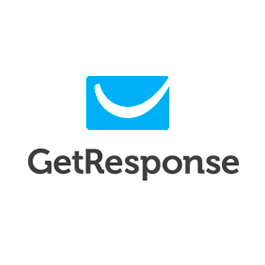How We Developed A $2M/Year AI Chatbot Platform
Hello! Who are you and what business did you start?
My name is Pranay Jain, and I’m the CEO and co-founder of Enterprise Bot. Headquartered in Zurich, Enterprise Bot is an AI platform that utilizes machine learning to power conversational chatbots, email, and voice bots. Our flagship product is our bots, which can be tailored to fit our client’s needs.
Currently, we offer bots in English, German, French, Italian, Dutch, and Portuguese - with more to come. Our customers are wide-ranging, from e-commerce, HR, insurance, and financial services. I am extremely proud to have a team that has enabled us to grow 2x for the last 3 years consecutively and breach the coveted 2 million revenue mark with an ambition to double that again this year.

What's your backstory and how did you come up with the idea?
I founded Enterprise Bot...


















